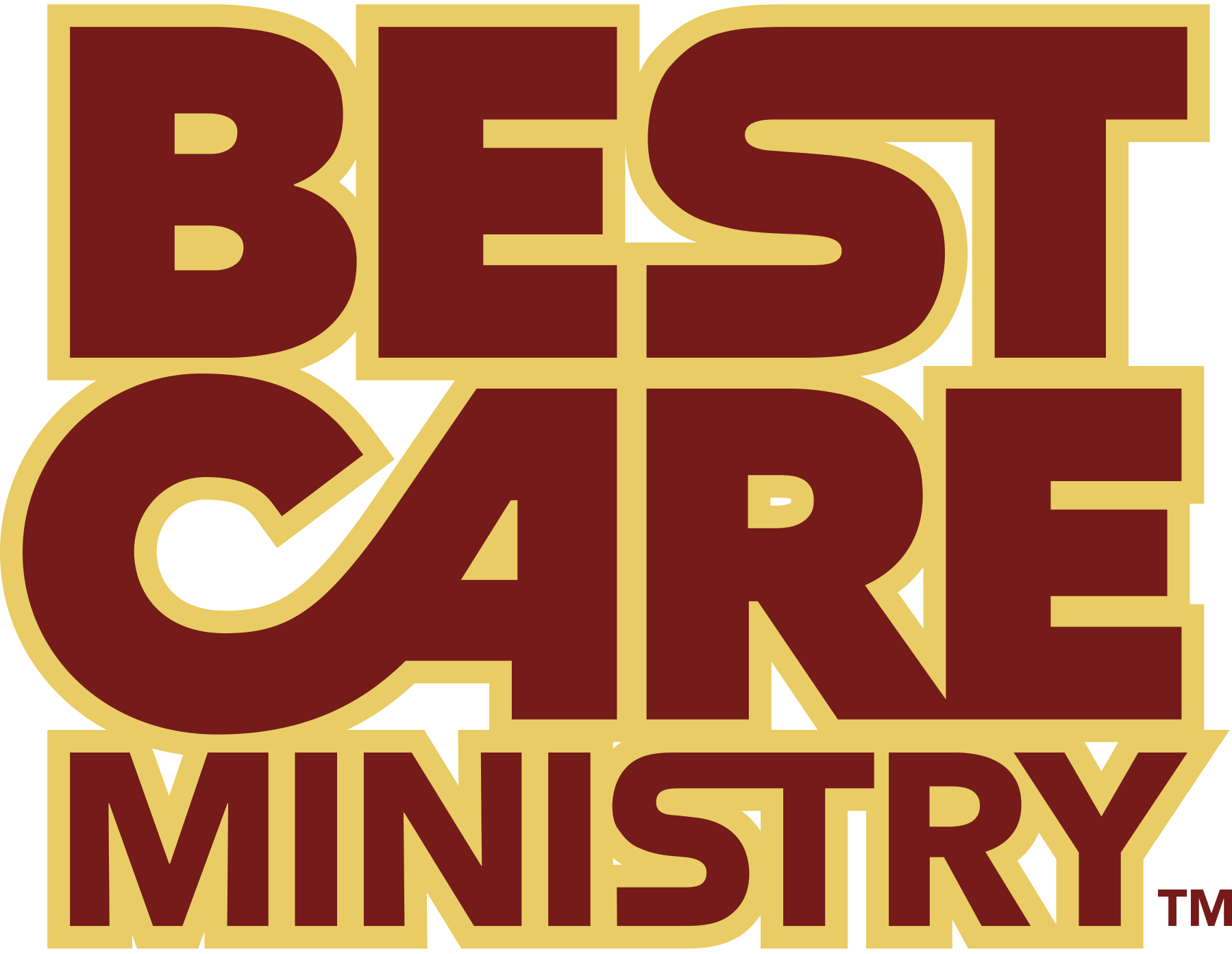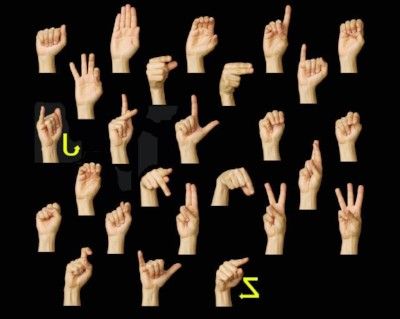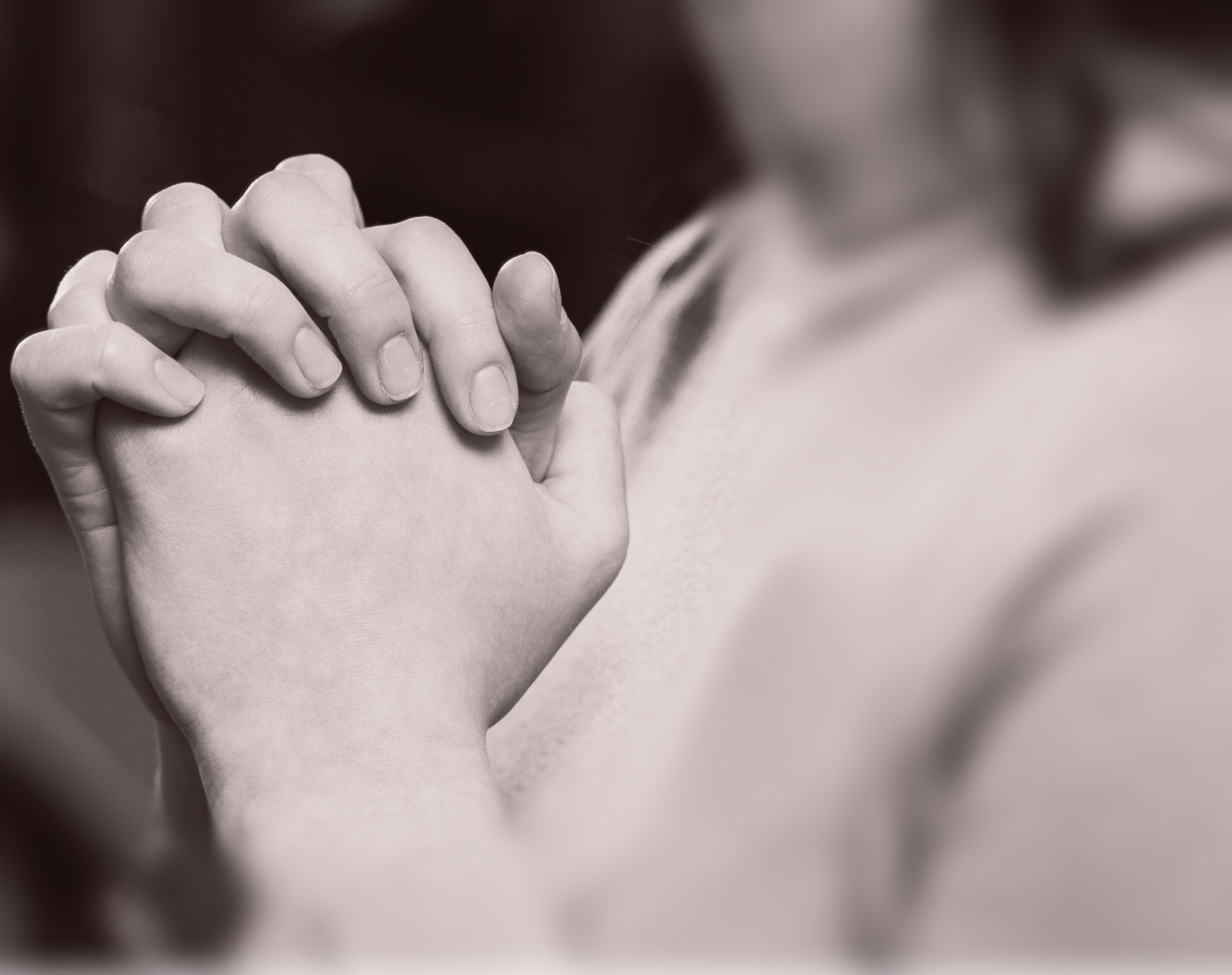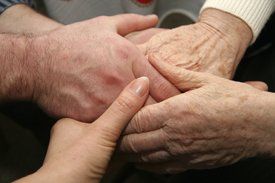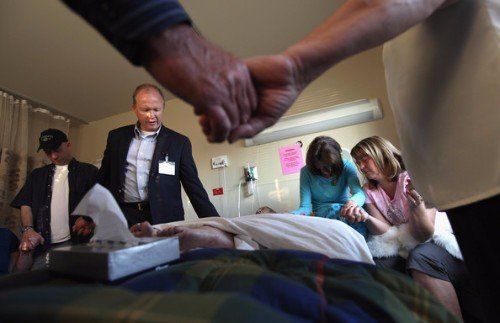Learn
Proven ideas and methods enabling you to master the art of care.
Articles On Hospice Care

"We've had a death," the triage nurse told me. She went on, "Something unusual is happening in the room. When you get to the facility, make sure you go to the nurses station before you go the patient's room." So, I checked with the nurse. All she said was, "We are not sure if it is real. After your visit, let me know what you think. The husband just died. His wife is with him." I gently knocked on the door and began to slowly and curiously open it. "Come in!", the wife shrieked with immeasurable joy and enthusiasm! Praise music filled the room. She was playing KLOVE, a contemporary Christian music radio station. With a mixture of tears and laughter she said, "I heard them. I HEARD THEM! I heard the angels when they came for him!!!" It is not uncommon for surviving family members to be imaginative in the shock of their new grief. Often people say wishful things like, "Daddy is with Mother now," or, "I can only imagine what it is like to see Jesus." But this was different. This woman experienced something profound. In my earliest experience of being a Chaplain, in the same facility I was visiting a man who was dying of AIDS. He and I met several times. On our first visit he wanted to pray and seek forgiveness for his lascivious lifestyle of drugs and unfaithfulness. He lost his marriage, children, self respect, health and now his earthly life was about to end. During our second visit he asked me to read him a portion of Scripture on Heaven. That destination was not far ahead for him. He was still fearful of the consequences of his wasted life. "Let not your heart be troubled," I started. It took me a few minutes to recall a verse or two on Heaven. "In my father's house are many mansions. If it were not so I would have told you. But I go there to prepare a place for you and if I go I will come again and take you to be with me, so that where I am you will be also." (John 141-4) Over the years, I quoted those verses hundreds of times to patients and families at end-of-life settings and during funeral services. On this visit, via this new widow, I got a glimpse of what it is like when someone experiences, even in a very small fraction, the other side and the reality of that Scripture. It brings unspeakable excitement, joy and hope. "We had a horrible marriage full of drugs, cheating and fighting. But he went away to Teen Challenge to get free from the addiction. He came to faith and I did too. Jesus changed our lives. Then this cancer came, but I know there is more, because I heard them." Most of my hospice and hospital calls have not been other-worldly, like that one was. Each person is unique so each death is individual. But this death gave me an idea of what may be experienced after death. The nurse, sitting at the desk of the nurses station, looked up at me when I returned after my visit. With a questioning expression, but no words, she asked, "Was it real?" "Yes, it was real!" I told her with boldness. I still believe it was real and when, during Christmas celebrations, I sing or hear, "Hark the Herald Angels Sing," I believe they do. In the darkest, saddest and most difficult times they are doing work we cannot see to help in ways we don't understand. So when we care, as Care Pastors, Caregivers, and people of faith, we can be reassured that we participate as part of a divine team beyond what we can see. When you care, it matters! Your care matters! Your life matters, Chaplain Dan Rev. Daniel R. Hettinger 303.905.0478

When abilities are diminishing and life is getting smaller, it is important to allow the dying to do what they want to and what they safely are able to do. "Premortem dying" is what the sick call it. Following his well known book, Where is God When it Hurts? , Philip Yancey wrote a booklet titled, "Helping the Hurting--What You Can Do for Those in Pain." (I could not find the booklet Online, but you can click the title of his book for more about the subject, that book and about Philip.) The content of his own book challenged him to enter into the life of his young friend, Jim, who had been diagnosed with a rare and terminal cancer. Yancy explains the importance of a "sense of place" as one thing we can give to a dying person. "People in Jim's group of suffering peers referred to a process they called 'premortem dying.' It occurs when well-intentioned relatives and friends look for ways to make the suffering person's last moths trouble-free. 'Oh, you mustn't do that! I know you've always taken out the garbage, but really, not in your condition. Let me do that.' And often, 'Don't burden yourself with balancing the checkbook. It would just create an unnecessary worry for you. I'll take care of it from now on.' Gradually, inexorably, everything that gives a person a sense of place or a rule of life is taken away. A mother encourages her single daughter to sell her house and move back home. She does so, and discovers that in the process she has also lost her individual identity. Feelings of worth and value, already precarious because of the illness, slip further away. Suffering people already question their place in the world. Often they cannot continue working, and the fatigue brought on by the illness or treatment, makes every action harder and more tedious. Yet they, like all of us, need to cling to a place, that life would not go on without a bump if they simply disappeared, that the checkbook would go unbalanced except for their expert attention. Wise friends and relatives sense the delicate balance between offering help and offering too much help. We live in a culture that has no natural 'place' for sick people. We put them out of sight, behind the walls of hospitals and nursing homes. We make them lie in beds, with nothing to occupy their time but the remote control devices that operate the television sets. We even give the the telling label 'invalid' (try pronouncing it a different way; in-val-id)..." ("Helping the Hurting," Yancey, pp. 11, 12) When we honor the sick with our time and presence, we help them be seen. When we learn their story we help establish their legacy so they know they will not be forgotten. We we allow them to do something, or even find something for them to do, we validate their worth. This awareness and skill is one of my favorite things about the Caregivers of Home Care Assistance . Their stories reveal that the dying, or the elderly with decreasing abilities, still want to live the life they have and find meaning in each day and activity. "Caregivers, Rene and Jesus, became more immersed in the art world as each day passed. They assisted Saul in setting up his easel, accessing colors and mixing pigments, choosing and cleaning brushes and so forth. Their work allowed Saul to finish a majority of his canvases. And for this, he was extremely grateful. Deanna and Jennifer took such good care of 72-year-old Nicholas, a Harvard Law Graduate who had a successful law practice for many years. His deteriorating health, due to a severe diabetic condition, greatly restricted his life. But, under their care, his health improved so he could take a trip back to his home town in Ohio and, with relatives, attend the annual Greek Festival that his former church sponsors in their town." (Stories in Home Care, Home Care Assistance, pp. 8, 11 Many other stories exist including teaching, card playing and writing). When you visit someone, it isn't just to see how they are doing. You are helping a person be reassured that their life matters, that they are seen, have a place in this world and their life has made a difference in this world that will extend beyond their earthly life. When you help them maintain their place, what you do matters! Your life matters, Chaplain Dan Rev. Daniel R. Hettinger 303.905.0478
